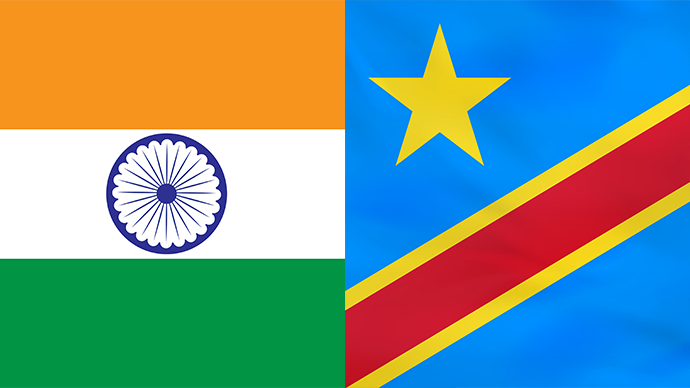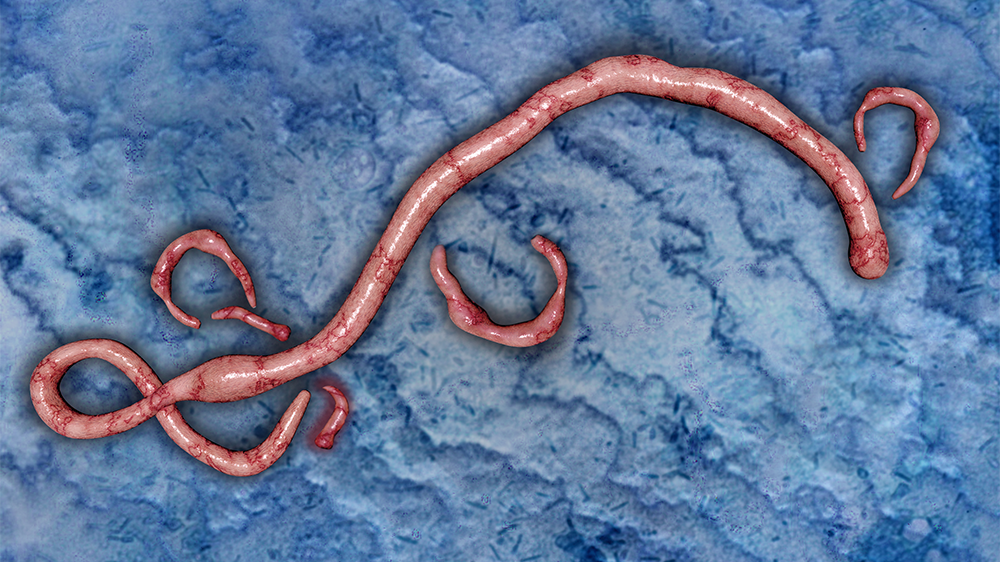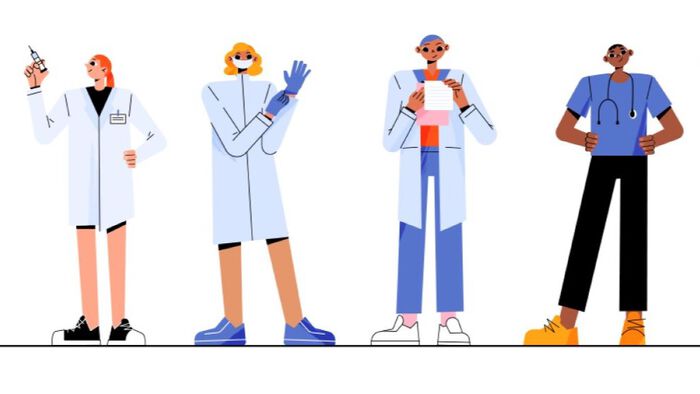The Covid-19 pandemic provides a new prism for studying knowledge production in the face of a (new) global disease. It questions the relevance of the global health regime in its favourite field of intervention: the so-called ‘developing countries’ of the so-called ‘Global South’, which are typically considered dependent on the ‘Global North’ and underprepared for health emergencies. Global health approaches extend and reinforce a particular relationship to the production of scientific knowledge. They can privilege specific themes and approaches to the detriment of others, maintain asymmetries in the distribution of knowledge and impose specific frameworks for thinking about the uncertainty of health issues. The global crisis of Covid-19 sheds new light on the contours of knowledge production and its relationship to ignorance in the field of global health. With Jean-Benoit Falisse (ORCID: https://orcid.org/0000-0002-0291-731X) and Grégoire Lurton (ORCID: https://orcid.org/0000-0002-3714-6893), we decided to question this relationship in an article published in French and in English last month in La Revue d’Anthropologie des Connaissances (http://journals.openedition.org.inshs.bib.cnrs.fr/rac/25605 ) . This paper explores how, in a set of African and Asian countries and between March and September 2020,[1] the fight against Covid-19 drew on particular tools, knowledge, and intervention frameworks. It analyses the production of both ignorance and knowledge as part of Covid-19 ‘responses’. In the countries we considered,[2] such responses occurred within frameworks that are not really, and sometimes not at all, the ones usually thought of by those who structure the global health regime.
The pandemic is challenging the very notion of a ‘global’ health regime: the public responses we considered were characterised by a national, sometimes even nationalistic,[3] approach. Responses were almost always steered from the highest levels of the State and materialised by the set up of exclusive emergency groups: the Covid-19 taskforces. The ‘Global South’ countries, the privileged field of global health experimentation, did not appear very different from the ‘Global North’ countries in the governance structure of their initial responses to the pandemic. This challenges assumptions about the elements that are likely to generate appropriate responses to health crises. It also calls into question a global economy of knowledge production and expertise essentially directed from the ‘Global North’. We drew on a network of informants with access to public policy-making spheres that fed into the University of Edinburgh’s Covid-19 Governance Mapping Initiative[4] (whose data are publicly available). In this paper, we use data from fourteen countries with very different political and health systems. We mobilise many examples, but the Democratic Republic of Congo (DRC) and India serve as the main illustrations for understanding the governance of the pandemic and the different strategies and measures for responding to health risks. We built on the projects, field experiences, and strong collaborations we have for many years in these two countries and as we continued to work and investigate the crisis there throughout this period.

In our study's African and Asian countries, the management of Covid-19 and its uncertainties followed a set of strategic lines. They include the denial of the problem, the concentration of decision-making around a fairly small core of experts, the reproduction of tools from other contexts (such as general lockdown measures), and the ‘recycling’ of past epidemic experiences (Ebola in the DRC or Nipah in India). These solutions often implicitly reflect global health frameworks and power structures and reproduce forms of ignorance. Our findings are not, however, unlikely to be specific to global health’s favourite testing ground: the ‘Global South’. Many of the aspects we have developed are also found in France, the United States, or the United Kingdom, leading to the same confusion and sometimes mistrust of citizens concerning their government’s ability to manage the pandemic. The often arbitrary and artificial separation between so-called ‘developed’ and ‘developing’ countries is also undermined.
Ultimately, there is hope that the current crisis in global health may lead to improvements. In the absence of a satisfactory crisis management model that fits the global health power system, many critical actors are calling for a shift towards a more localised management of uncertainty. Accordingly, they push towards innovations, arrangements, and tinkering to solve concrete problems and bring about diverse solutions that strengthen the anti-pandemic arsenal. The hope is that the global Covid-19 crisis at least serves to build local and robust knowledge infrastructures, capable of reducing the asymmetry governing the production of global health knowledge, to reduce the uncertainty faced by health officials in the so-called ‘Global South’ or ‘resource-limited’ countries confronted with the Covid-19 pandemic.
[1] This article was written at the end of 2020, it cannot take into account subsequent events and developments.
[2] Burundi, Cameroon, Central African Republic, Chad, Republic of Congo, DRC, Egypt, Ethiopia, Gabon, India, Kenya, Malawi, Mauritius, South Sudan, Sudan, Uganda, South Africa
[3] As such, the lack of solidarity and the almost complete disinterest of rich countries in making immunisation available in the 'South' is one of the most acute symptoms of the crisis into which COVID-19 has plunged the 'global health' community. https://aoc.media/opinion/2021/03/08/vaccins-le-grand-emparement/, accessed on 8 March 2021
[4] http://www.covid19-governance.sps.ed.ac.uk/, accessed on 28 November 2020.





